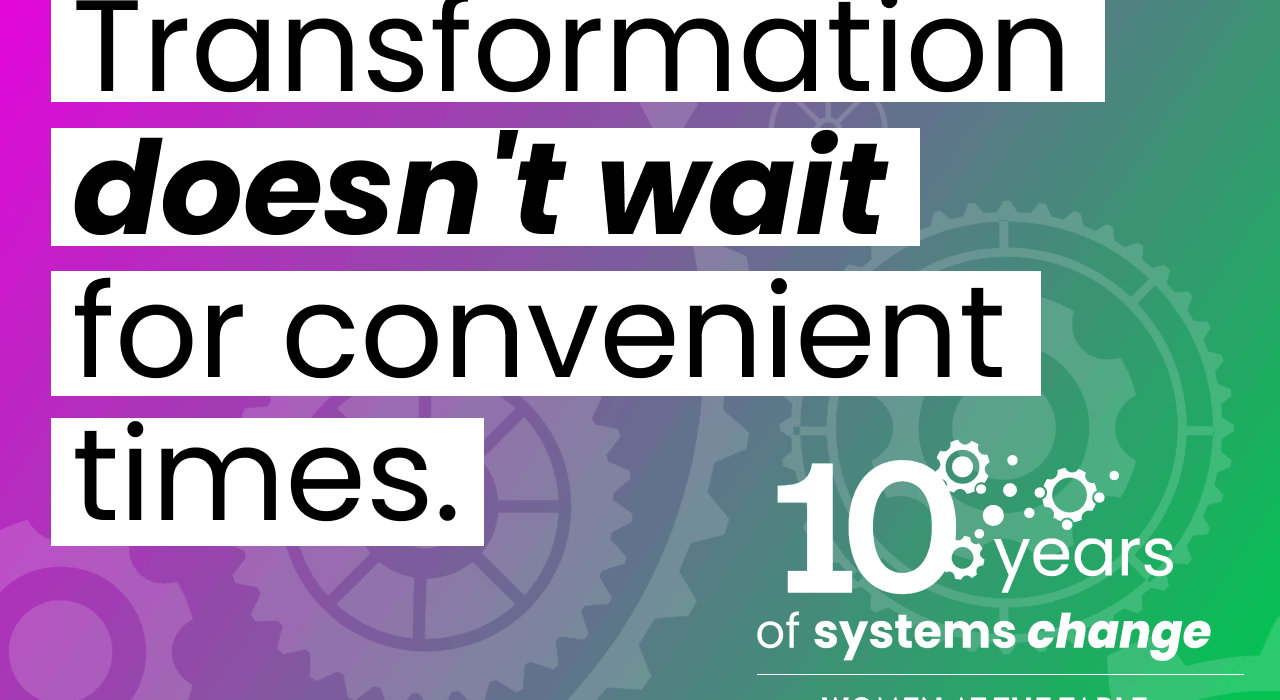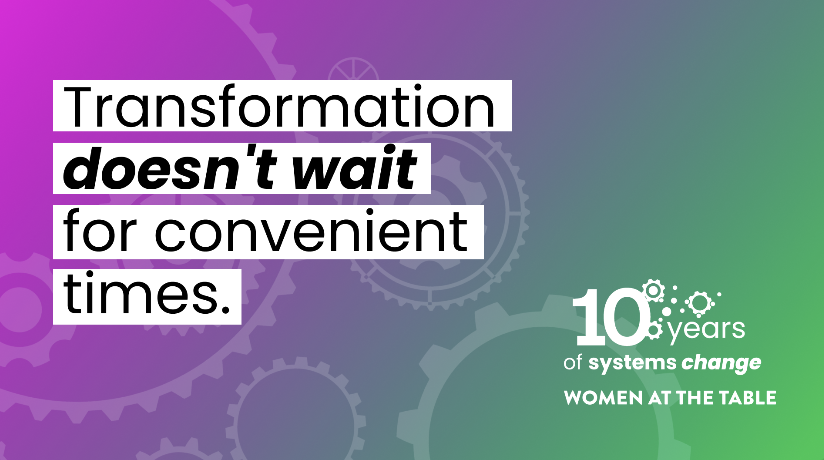
Multilateral Leadership in AI and Gender Equality
Women at the Table (W@TT) has established itself as a pivotal voice in the global governance of artificial intelligence, championing a gender-transformative approach across multilateral frameworks. As a Geneva-based organization approaching its tenth year, W@TT combines methodological innovation, policy advocacy, and community building to ensure human rights and gender equality are centered in AI development worldwide.
Strategic Multilateral Engagement
W@TT has strategically positioned gender equality at the heart of emerging AI governance structures through:
- Co-chairing the Expert Group for the UN Commission on the Status of Women (CSW67) in 2023, which marked the first-ever CSW thematic focus on Technology and Innovation
- Securing a standalone paragraph on gender in the Global Digital Compact adopted at the UN General Assembly Summit of the Future in September 2024
- Leading the Civil Society portion of the World Benchmarking Alliance’s Collective Impact Coalition on Digital Inclusion (now Ethical AI)
- Co-Chairing the Gender Advisory Board to the UN Commission on Science and Technology for Development (CSTD)
- Contributing significantly to CEDAW’s General Recommendation 40 on equal and inclusive representation of women in decision-making systems
- Founding the International Gender Champions Digital and New Emerging Technologies Impact Group with ITU Secretary-General Doreen Bogdan-Martin
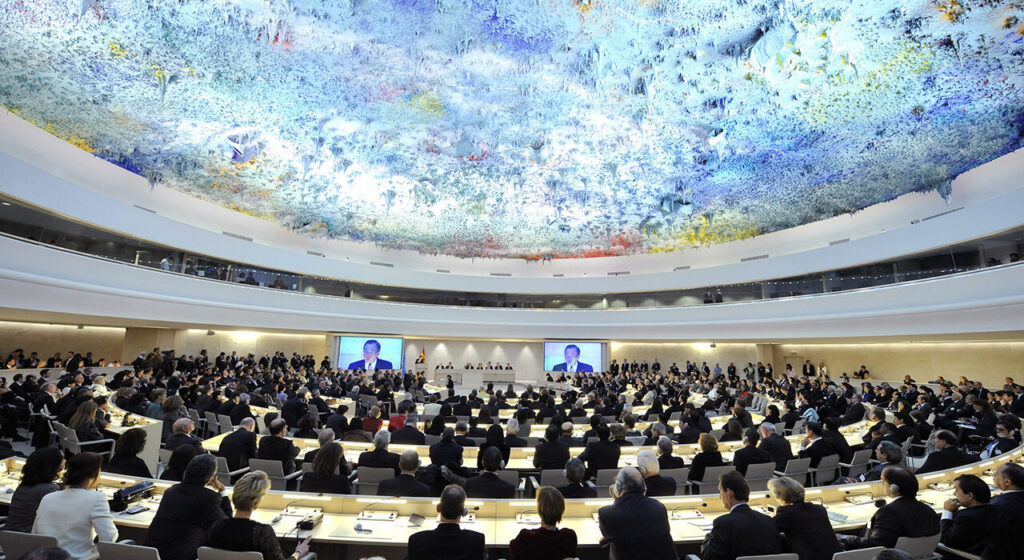
Innovative Frameworks and Tools
W@TT has developed practical methodologies that bridge theory and practice:
- AI & Equality Human Rights Toolbox: A comprehensive framework integrating human rights impact assessment with the AI lifecycle, presented at universities across five continents
- G-app (Gender-Gap App): Measures representation, participation, and influence of women in decision-making spaces, featured at the Inter-Parliamentary Union’s UN Parliamentary Day
Global Community Building
W@TT has cultivated a vibrant international community:
- Formed “Gender At The Heart of the Global Digital Compact” alliance with organizations including APC, Equality Now, Pollicy, UNFPA, UN Women
- Lead Civil Society community of UN Women Generation Equality Action Coalition on Technology & Innovation for Gender Equality
- Co-lead the civil society portion of the World Benchmarking Alliance Collective Impact Coalition for Ethical AI with Paradigm Initiative and with an investor coalition
- Sit on Working Party on the Regulatory Cooperation and Standardization Policies (WP.6) Team of Specialists on Gender-Responsive Standards
- Member of the Global Network Initiative and its AI Working Group
- Co-lead <A+> Alliance for Inclusive Algorithms with Code for Africa and Feminist AI Research Network (f<A+i>r) with its pilots and prototypes through regional hubs across Latin America, MENA, and Southeast Asia
- Continue to Expand the AI & Equality Community to 600 members across 57 countries to date.
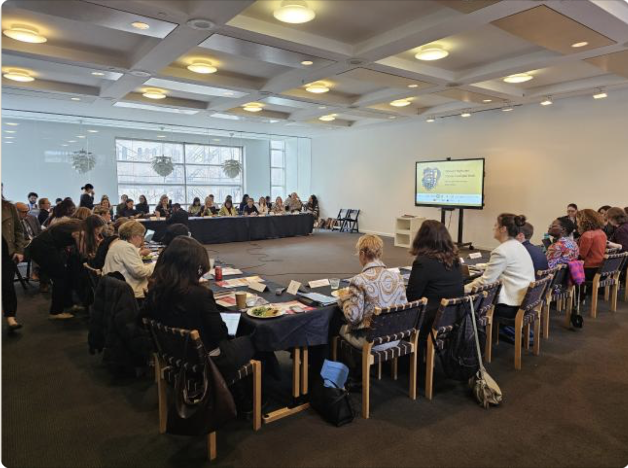
Why This Work Matters
The urgency of W@TT’s mission cannot be overstated. AI systems are rapidly transforming every aspect of society, yet they risk embedding and amplifying existing biases:
- Preventing Digital Discrimination: Without intervention, AI systems built on biased historical data will perpetuate and potentially amplify gender, racial, and intersectional discrimination, creating “automated inequality” that becomes increasingly difficult to dismantle.
- Transformative Potential: Beyond preventing harm, properly designed AI can actively advance gender equality by identifying inequities in resource allocation, correcting exclusionary patterns, and creating more responsive systems across healthcare, education, finance, and governance.
- Critical Window for Governance: We are in a pivotal moment where foundational governance frameworks are being established. The technical architecture and regulatory structures created now will shape AI development for generations, making gender-responsive approaches essential from the outset.
- Bridging Disciplinary Divides: W@TT uniquely connects policymakers, technical experts, and affected communities, overcoming the false divide between “technical” and “social” aspects of AI development to ensure human rights considerations are integrated throughout the AI lifecycle.
- Global South Leadership: Through regional hubs and partnerships, W@TT ensures that feminist perspectives from the Global South actively shape AI governance, rather than having frameworks imposed from a narrow set of countries or perspectives.
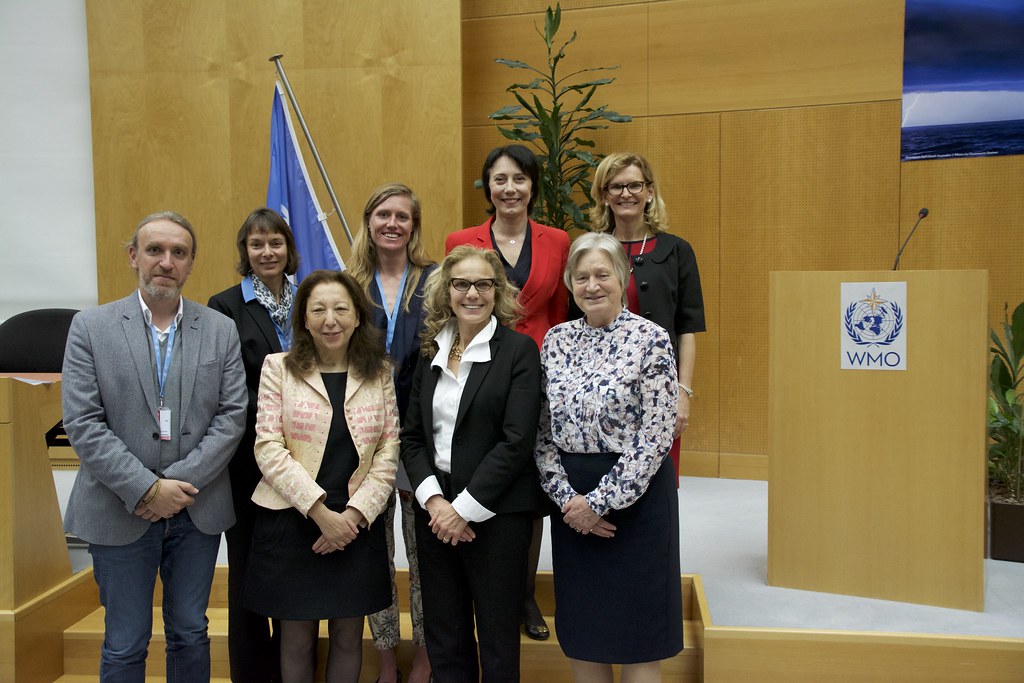
Building Bridges Between Principles and Practice
In a field often characterized by either abstract principles or narrow technical solutions, Women at the Table’s integrated approach offers a vital middle path—one that connects universal human rights principles with contextual realities and practical implementations. This bridge-building function represents perhaps the organization’s most significant contribution to the emerging field of AI governance. By simultaneously developing methodologies, building communities of practice, and influencing policy frameworks, W@TT addresses a persistent challenge in technology governance: the gap between high-level principles and on-the-ground implementation.“

